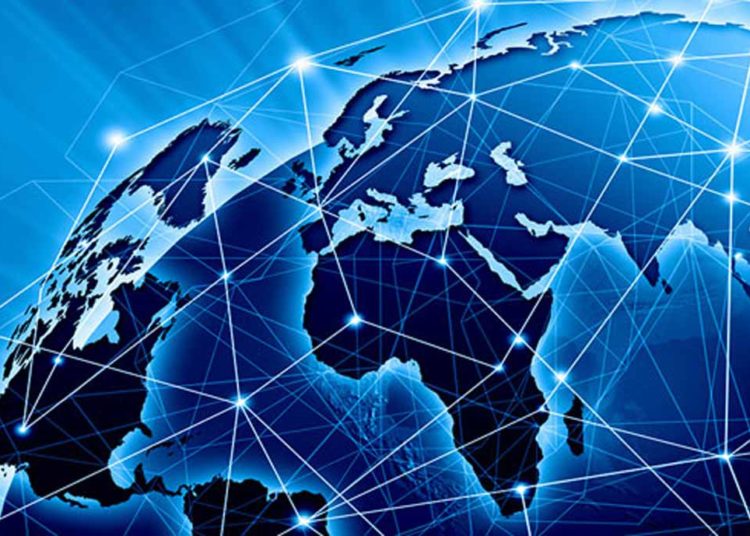Technology is reshaping the world, and Artificial Intelligence (AI) is at the forefront of this change. While AI brings significant opportunities, it has also raised concerns, especially about its impact on jobs. Workers, creators, and businesses are discussing how this technology could benefit economies while also posing challenges.
At a recent symposium in Havana, Cuba, President Miguel Diaz-Canel called on developing nations to invest in AI. He stressed the importance of using this technology responsibly to counter its misuse and prevent economic harm, particularly in less wealthy nations.
AI is already part of daily life, from voice assistants to apps recommending what to watch or buy. It has transformed industries like healthcare, finance, and transportation. However, Dr. Aminu Maida, Vice Chairman of the Nigerian Communications Commission (NCC), warned about its ethical risks. He urged countries to ensure that AI systems are fair and protect people’s jobs.
In wealthier countries, AI is boosting productivity. For example, factories in China now use AI to build cars, reducing the need for human labor. While this improves efficiency, in countries like Nigeria, where unemployment is high, such automation could lead to job losses.
Nigeria has over 36 million social media users and a growing digital-savvy youth population. But unemployment and poverty remain major issues. According to the National Bureau of Statistics, 133 million Nigerians 63% of the population live in poverty. Unemployment is also close to 40%, while inflation has pushed basic goods out of reach for many.
KPMG predicts that joblessness will continue to rise as the economy struggles to grow and absorb millions of new job seekers each year. AI could create new jobs globally McKinsey estimates it could add $13 trillion to the economy by 2030 but it may also replace traditional roles.
The government, led by President Bola Tinubu, is already grappling with economic challenges. Adding AI disruptions could worsen the situation if not managed carefully. To address this, experts are calling for transparency in how AI is developed and used, ensuring it complements human labor instead of replacing it.
Nigeria has the potential to use AI to create opportunities, not just threats. By investing in digital skills and ethical AI practices, the country can balance innovation with job security. However, without careful planning, the technology could deepen unemployment and social inequality.

